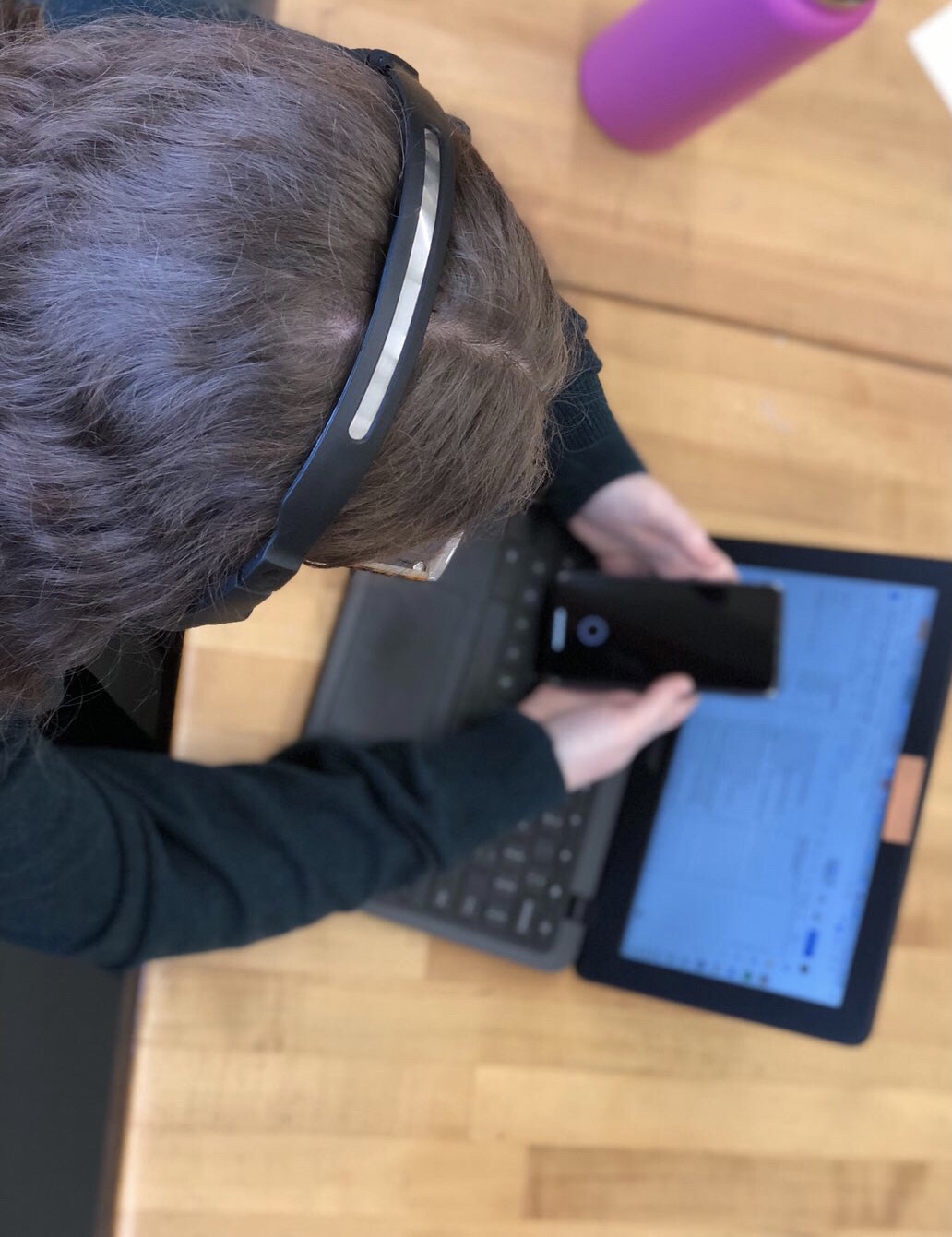Ari Collins
eSomethin staff
Society is becoming extremely dependent on technology.
A cell phone is one of the first objects people reach for when they wake up in the morning, and it is often the last thing they put down before they go to sleep. Some may actually choose to work remotely, utilizing their devices during the entire workday. Even schools are becoming more reliant on technology, many districts introducing laptops or tablets during class. This is the reality in 2023.
On Jan. 5, the first day back at school after winter break, students at Perrysburg High School were greeted by their friends, teachers, administrators and a stricter cell phone policy.
While there has always been a cell phone policy in place, there is an aspect of the policy that is now being strictly enforced.
As laid out in Perrysburg Board of Education policy #5136, students are permitted to use electronic devices only in between classes and during lunch periods. Using an electronic device, whether it be a cell phone, non-school issued laptop or tablet, in class is prohibited without specific teacher instruction or approval.
Some students, especially upperclassmen, may remember times when phones sat on the corners of desks, or when texting in class was not such an aggravating issue. Now, PHS is enforcing the policy: students are required to turn their phones off and keep them out of sight during class.
Naturally, change generates opinion.
Some students may be upset by the rules. Others may choose not to fight it; even though they may miss out on a text or post on their phone, students won’t be missing out on any aspect of their education with a stricter phone policy in place.
According to active health, excessive screen usage can cause many unfortunate consequences including strained vision, sleep deprivation and lower self esteem. There are also increased risks of obesity and susceptibility to chronic health conditions.
While these health issues are concerning, it is equally important to recognize the effect of too much screen time on one’s education. For example, a study at Harvard Graduate School of Education reports that the presence of cell phones negatively impacts test scores and learning retention.
Sleep deprivation due to the presence of devices is real and the exhaustion it causes will impact one’s ability to focus and learn the next day. Additionally, poor sleeping habits created by devices can go on for prolonged periods of time, potentially affecting a student for quarters or semesters at a time.
While they are distracting at home and during study time, texts, calls and other notifications can also be tempting in the classroom, especially when they are loud and repetitive. Paying attention to two things at once may seem like a simple task but balancing one’s attention between a class discussion and a text from their best friend may be difficult.
While phones are fun tools that help us stay connected, a break from screens, even for a 50 minute class period, is beneficial for students’ education, self esteem, and mental and physical health.
Check out other stories on eSomethin!
- Photo gallery: PHS art club hosts annual art show on May 9
- The Artsy Apparel is a new local business founded by a PHS grad
- Muslim student association hosts a second multicultural food day this school year featuring all heritage clubs
- Splash! PHS seniors play assassin game to finish the year with a bang
- eSomethin’s Ari Collins wins Munger Award





